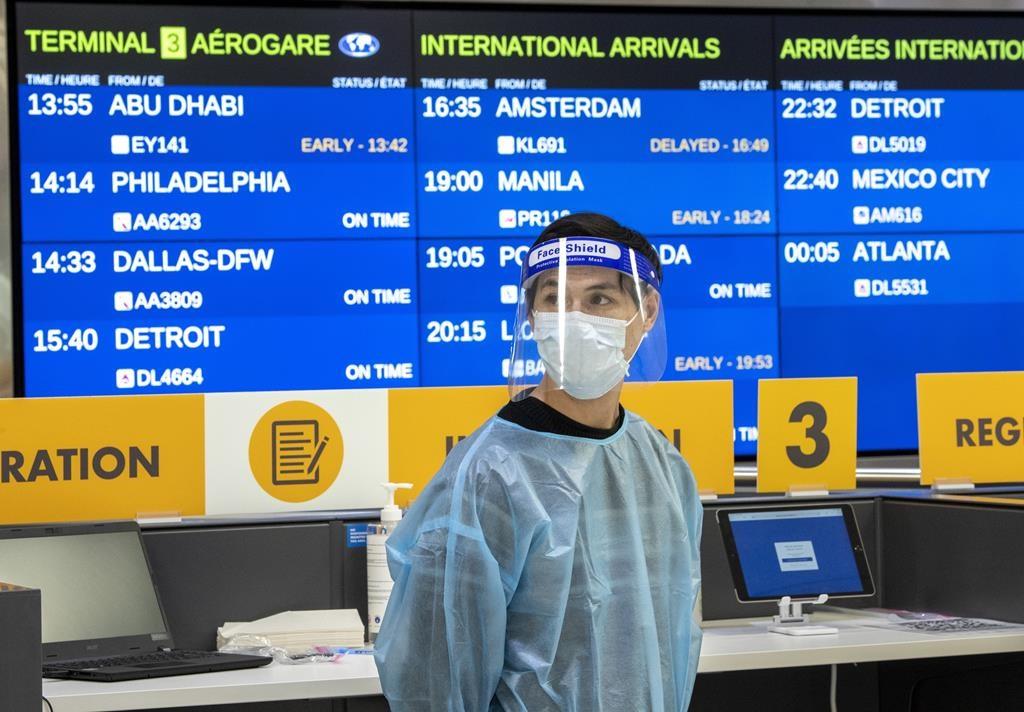Countries in Europe and Asia on Friday took swift action to halt travel from several African countries over a mutated COVID-19 strain that was blamed by officials for a rise in cases in South Africa.
Even though the World Health Organization (WHO) on Friday cautioned against imposing travel restrictions on those countries regarding the so-called B.1.1.529 variant, the European Union announced it would propose stopping air travel from southern Africa.





